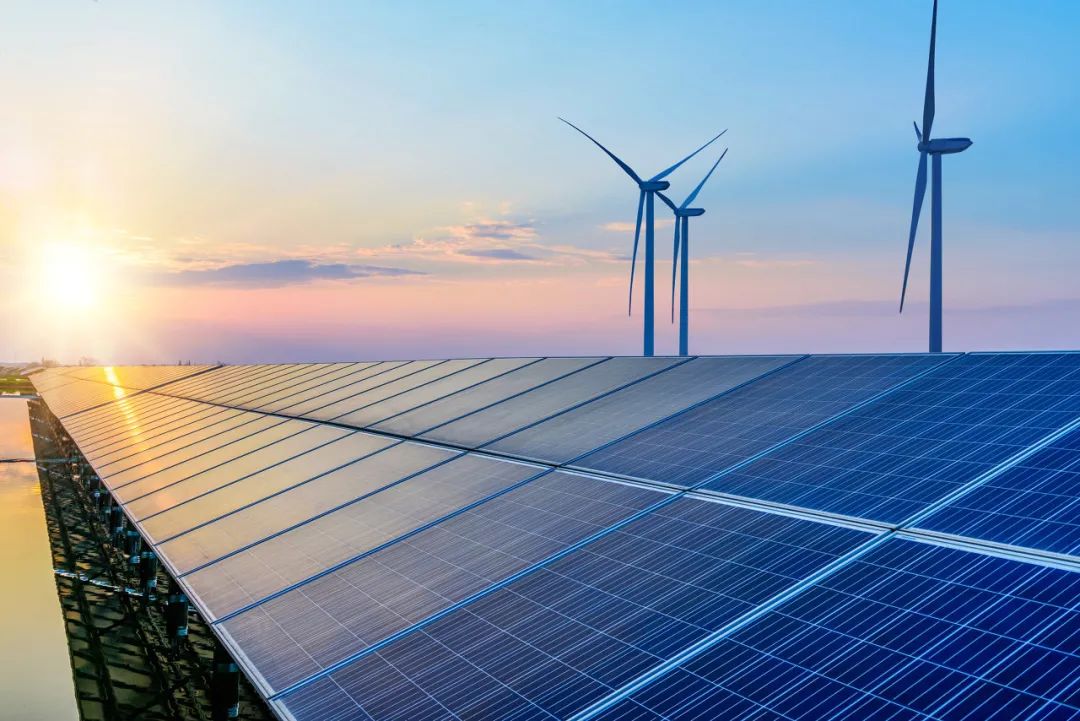
In the "photovoltaic + energy storage" mode, photovoltaic inverters and energy storage converters are the two core infrastructures. How electricity from a large number of components is collected through these two core infrastructures depends on the cables and connectors. Ensuring consistency has always been a challenge because energy storage connectors consume a lot of energy in the same energy storage device.
Photovoltaic power generation is the direction of energy development in recent years, but photovoltaic power generation can not be used as an independent form of energy to meet various energy needs, and must be coordinated and integrated with energy storage. "Photovoltaic +" energy storage "is a very hot form of energy development at present. The heat of the energy storage market in the past few years is also common to see.
In the "photovoltaic + energy storage" mode, photovoltaic inverters and energy storage converters are the two core infrastructures. How electricity from a large number of components is collected through these two core infrastructures depends on the cables and connectors. Photovoltaic connectors and energy storage connectors should not only be durable, but also be able to withstand harsh environments and meet increasing electrical performance requirements.
Photovoltaic connections from DC, AC to bus junction
The international standard MC4 (Class MC4) connector is widely used in the DC end of the photovoltaic connection, and there are clear specifications for insulation strength, electrical gap, protection level, and safety level, and there will be no big problems in choosing according to the standard. Basic electrical characteristics, such as current carrying capacity, contact resistance, etc., are currently able to reach a very high level from domestic and foreign manufacturers, with little difference.
The main difference is reliability. After all, photovoltaic systems are exposed to extreme temperature changes for a long time, and the connectors should not only be waterproof and high temperature resistant, but also have UV resistance and high reliability.
At present, only the original connector of Staubli, which has developed industry standards, has TUV/UL/JET three certifications, and most other manufacturers are double certifications, and some are single certifications. In general, dual certification is reliable enough, and coupled with advances in connector manufacturer termination technology, DC connectors that can be certified are reliable no matter how many certifications.
The AC part is mainly medium and high voltage wiring harness. Now, in order to ensure the safety of transmission, whether it is a heat shrink joint or a cold shrink joint, the intermediate joint is rarely used in the harness. If a connector must be used in the AC transmission part, it is best to use a junction box for monitoring.
Bus convergence, now a very popular convergence scheme. In the past, the confluence of a large number of cables was completed in a closed box, which was hot and unsafe. The IPC insulated needle connector is now used to connect the photovoltaic modules in series and connect to the bus, eliminating the bus box, not only reducing the heat of the line, but also reducing the jumper of the photovoltaic module. The connector's insulation piercing technology provides a high-quality insulating sealing connection that provides adequate near-end protection for the PV system component string.
In the entire photovoltaic system, although the proportion of connectors is not high, great attention is paid to selection, process and compatibility, otherwise it is prone to safety failures. There are not a few safety accidents caused by damaged or burned connectors in photovoltaic systems. In particular, the DC arc caused by the contact problem of the DC side connector can almost instantly fuse the surrounding components. Therefore, the selection of photovoltaic connected devices is based on safety and reliability.
Energy storage connection, high power and fast plug upgrade
Energy storage connectors are widely used in energy storage systems, energy storage batteries, lithium power supplies, solar energy storage systems and other energy storage devices to achieve power transmission or signal transmission. Ensuring consistency has always been a challenge because energy storage connectors consume a lot of energy in the same energy storage device.
Even now, it is difficult for domestic and foreign leading manufacturers to say that the consistency of the system will be maintained in a fixed range, only that the fluctuation range will be reduced as much as possible. In the past, many manufacturers pushed the copper bar connection, because this technology will be more consistent. However, with the increasing demand for safety and convenience in the market, fast insertion has become the primary storage connection method. Although the consistency of quick insertion is more difficult to control, it is very reliable and convenient to install.
High power is the goal that all manufacturers continue to break through, and the demand for 300 A/1200V DC and larger specification interface transmission for energy storage systems is increasing. Many domestic manufacturers are doing well in this regard. For example, the CNZZ series of Lianding Electronics can cover 120A to 400A high-power connections; The energy storage connector also covers the power range from 100A to 350A.
Conclusion
From photovoltaic modules to inverters to energy storage, the safety and reliability of connectors is the most important prerequisite for every link, ensuring safety and reliability before considering how to innovate electrical performance. The further development of the "photovoltaic + energy storage" industry will also bring huge market growth for these connectors.
The Products You May Be Interested In
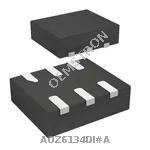 |
AOZ6134DI#A | IC USB 2.0 SWITCH 6DFN | 269 More on Order |
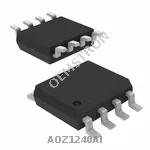 |
AOZ1240AI | IC REG BUCK ADJUSTABLE 2A 8SOIC | 448 More on Order |
 |
AOZ1094AIL | IC REG BUCK ADJUSTABLE 5A 8SOIC | 333 More on Order |
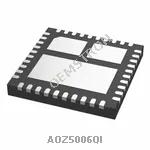 |
AOZ5006QI | IC REG BUCK ADJUSTABLE 35A 40QFN | 131 More on Order |
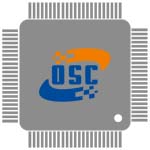 |
AOZ1320DI-04L | IC POWER DIST LOAD SW 8DFN | 257 More on Order |
 |
AOZ1320DI-01L#A | IC POWER DIST LOAD SW 8DFN | 429 More on Order |
 |
AON6926 | MOSFET 2N-CH 30V 11A/12A 8DFN | 453 More on Order |
 |
AO4612 | MOSFET N/P-CH 60V 8-SOIC | 60857 More on Order |
 |
AOT11C60 | MOSFET N-CHANNEL 600V 11A TO220 | 492 More on Order |
 |
AOW410 | MOSFET N-CH 100V TO262 | 474 More on Order |
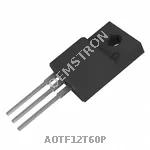 |
AOTF12T60P | MOSFET N-CH 600V 12A TO220F | 438 More on Order |
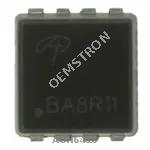 |
AON6418 | MOSFET N-CH 30V 14A SDMOS 8DFN | 146 More on Order |
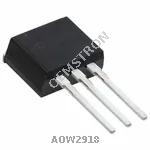 |
AOW2918 | MOSFET N-CH 100V 13A TO262 | 443 More on Order |
 |
AON6450 | MOSFET N-CH 100V 9A 8DFN | 255 More on Order |
 |
AOT7S60L | MOSFET N-CH 600V TO220 | 187 More on Order |
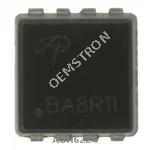 |
AON6224 | MOSFET N-CHANNEL 100V 34A 8DFN | 153 More on Order |
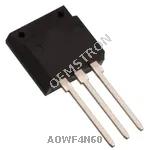 |
AOWF4N60 | MOSFET N-CH 600V 4A TO262F | 435 More on Order |
 |
AOD464 | MOSFET N-CH 105V 40A TO252 | 418 More on Order |
 |
AOB414 | MOSFET N-CH 100V 51A D2PAK | 143 More on Order |
 |
AOD4132 | MOSFET N-CH 30V 85A TO252 | 293 More on Order |
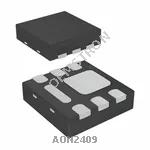 |
AON2409 | MOSFET P-CH 30V 8A 6DFN | 281 More on Order |
 |
AO3420 | MOSFET N-CH 20V 6A SOT23 | 49183 More on Order |
 |
AOZ8851DI-03 | TVS DIODE 3.6V 16V 2DFN | 247 More on Order |
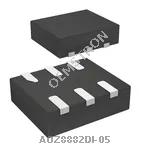 |
AOZ8882DI-05 | TVS DIODE 5V 18V 6DFN | 289 More on Order |

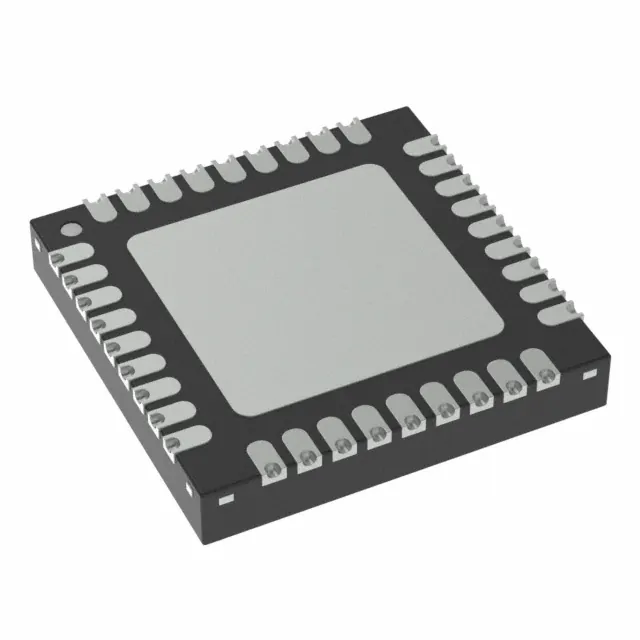 Semiconductors
Semiconductors









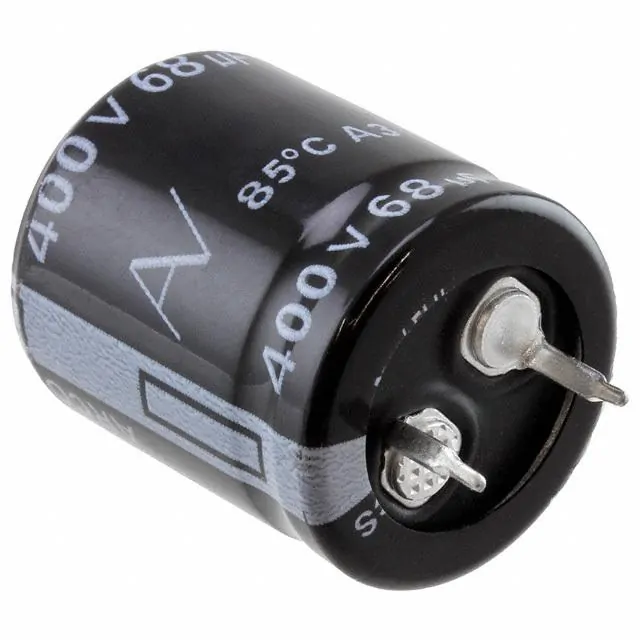 Passive Components
Passive Components









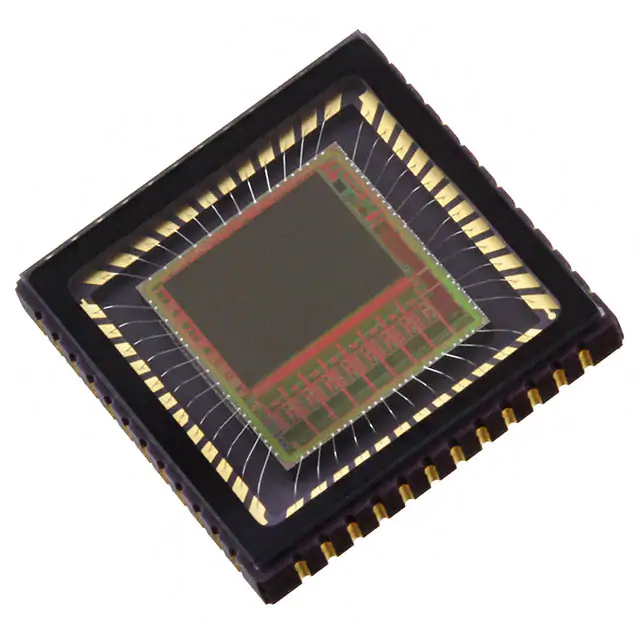 Sensors
Sensors








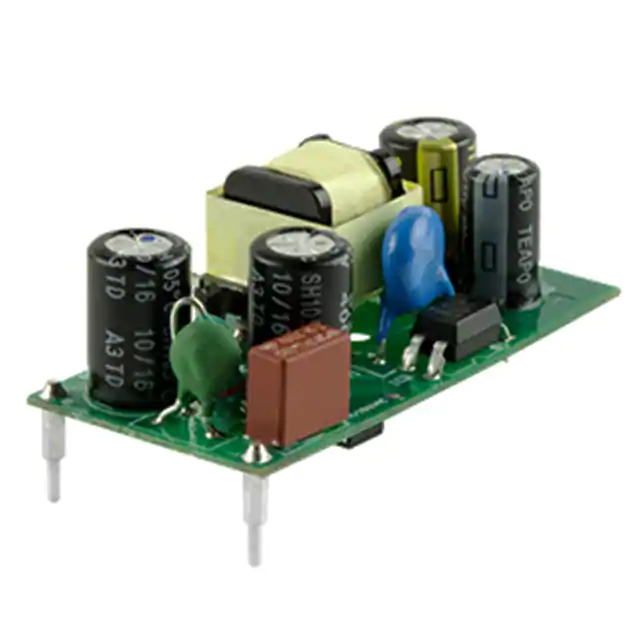 Power
Power









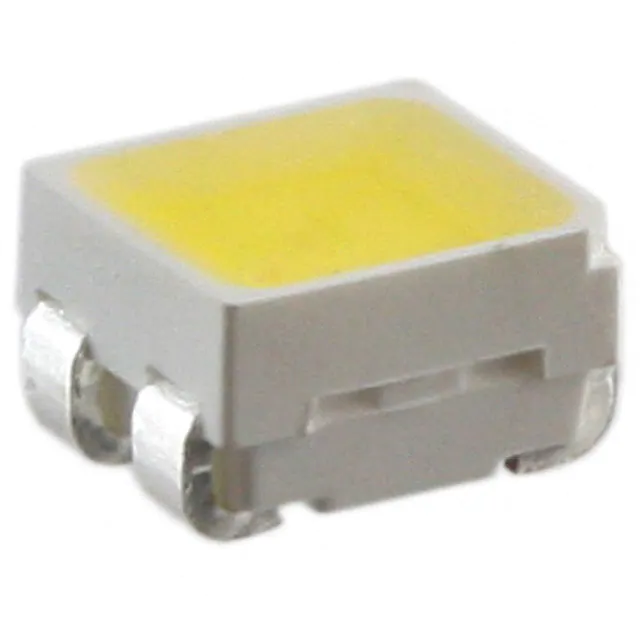 Optoelectronics
Optoelectronics








